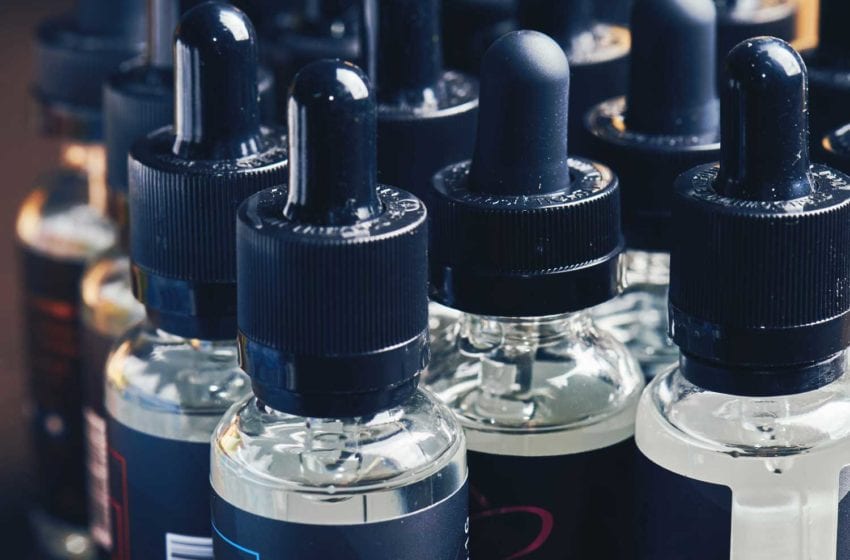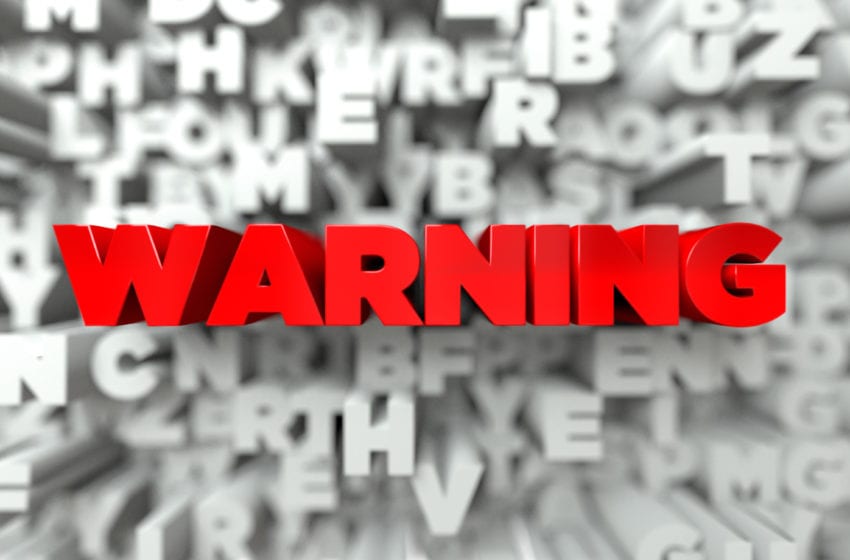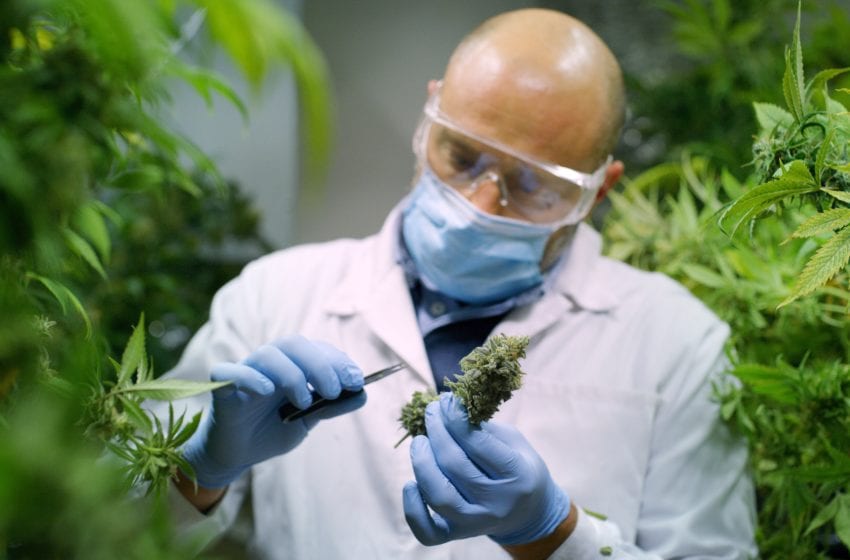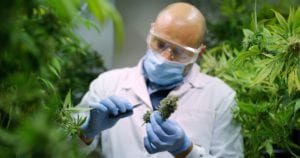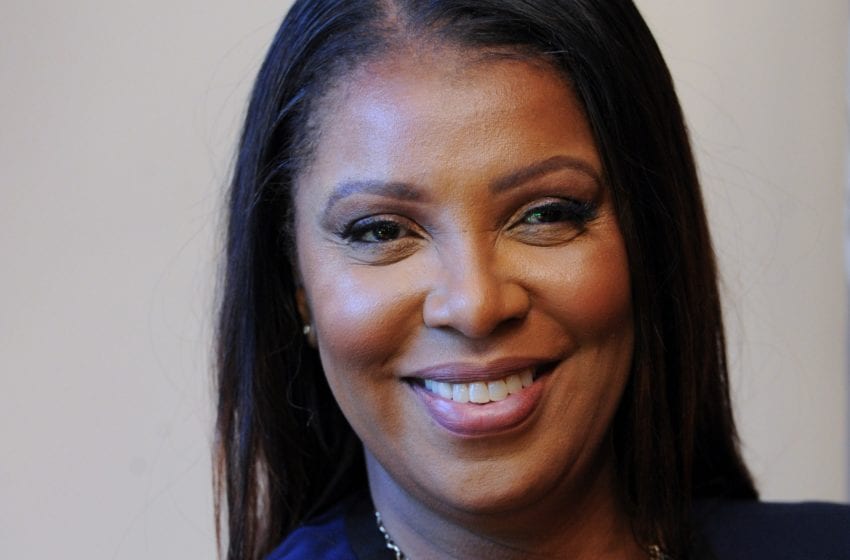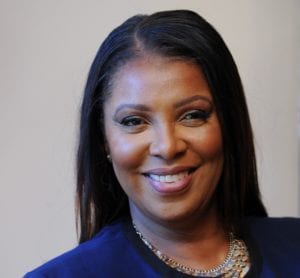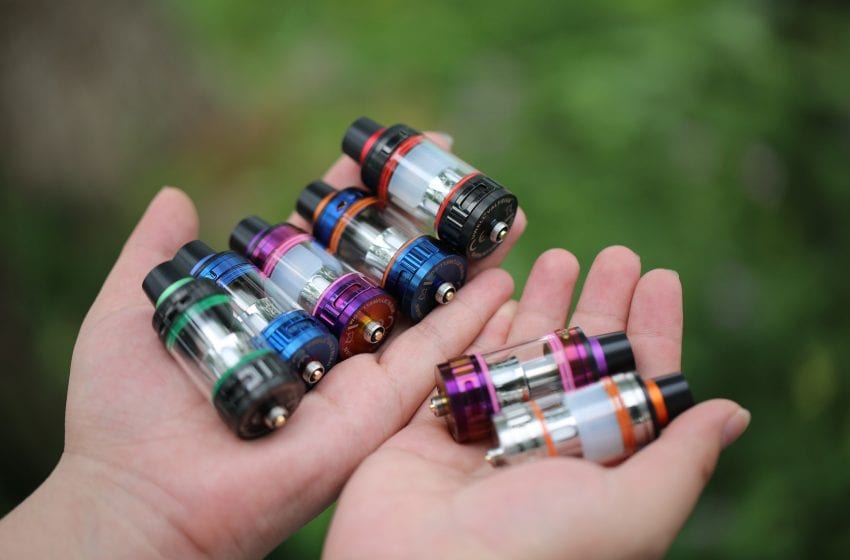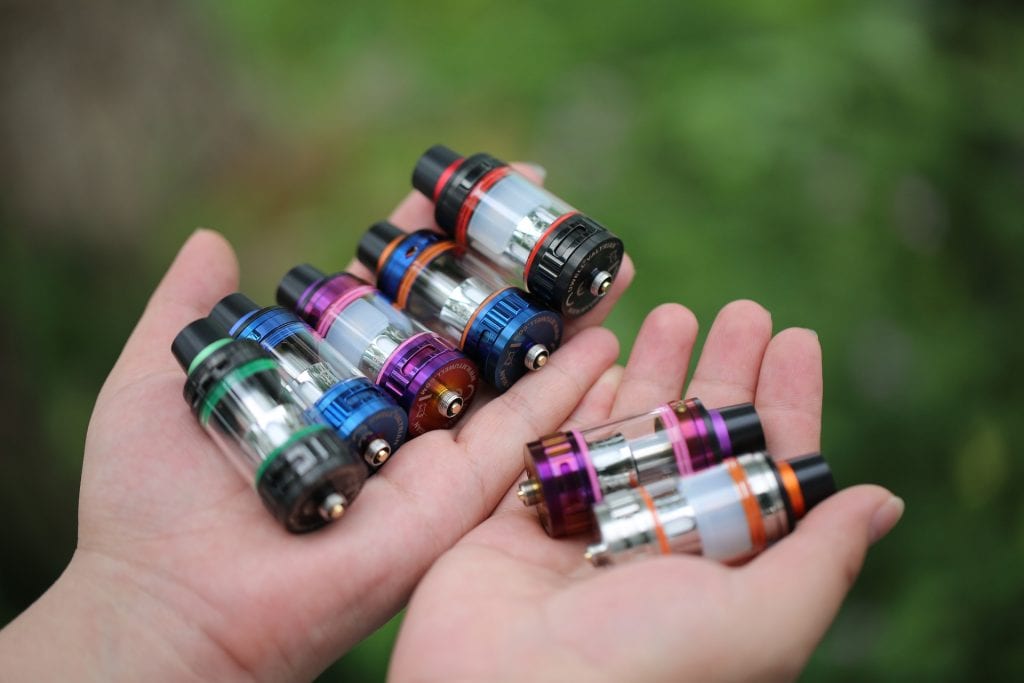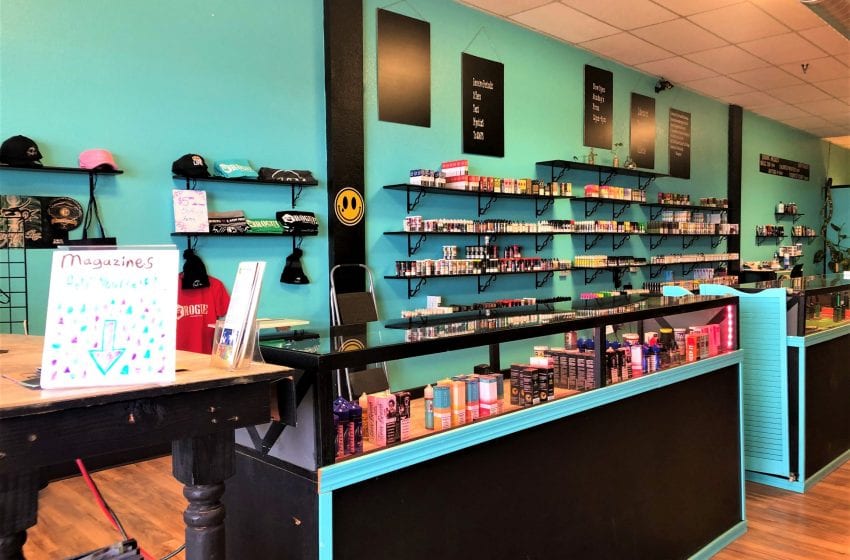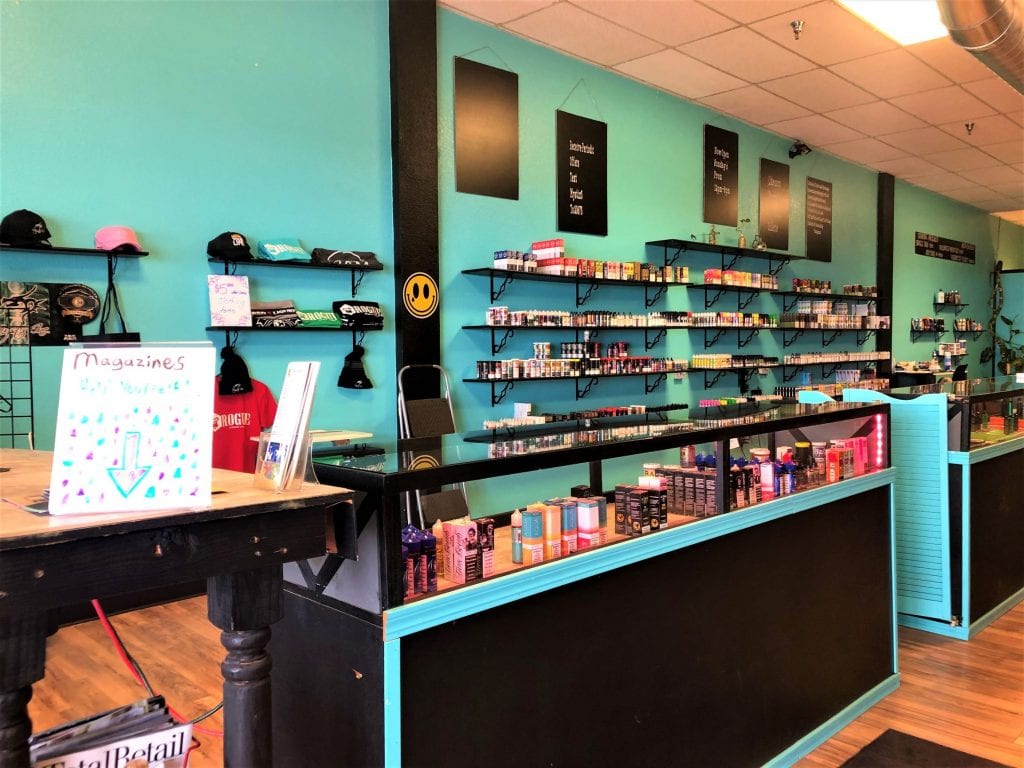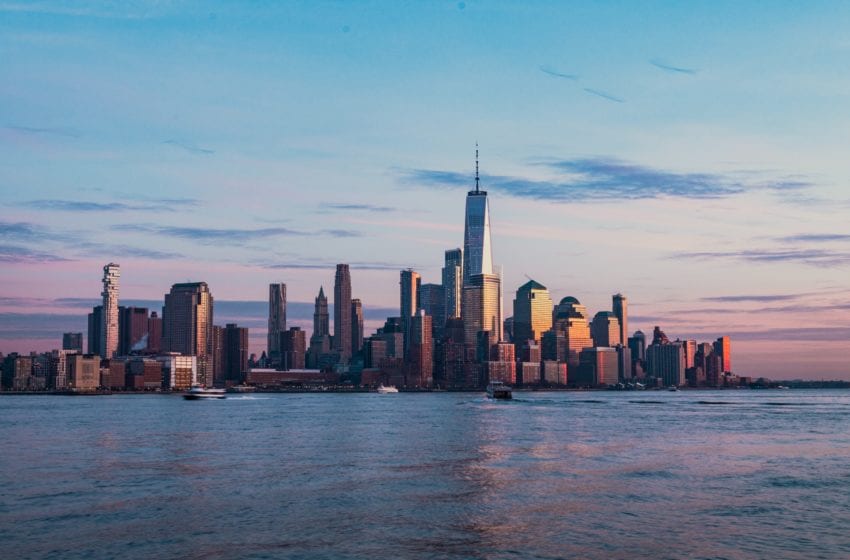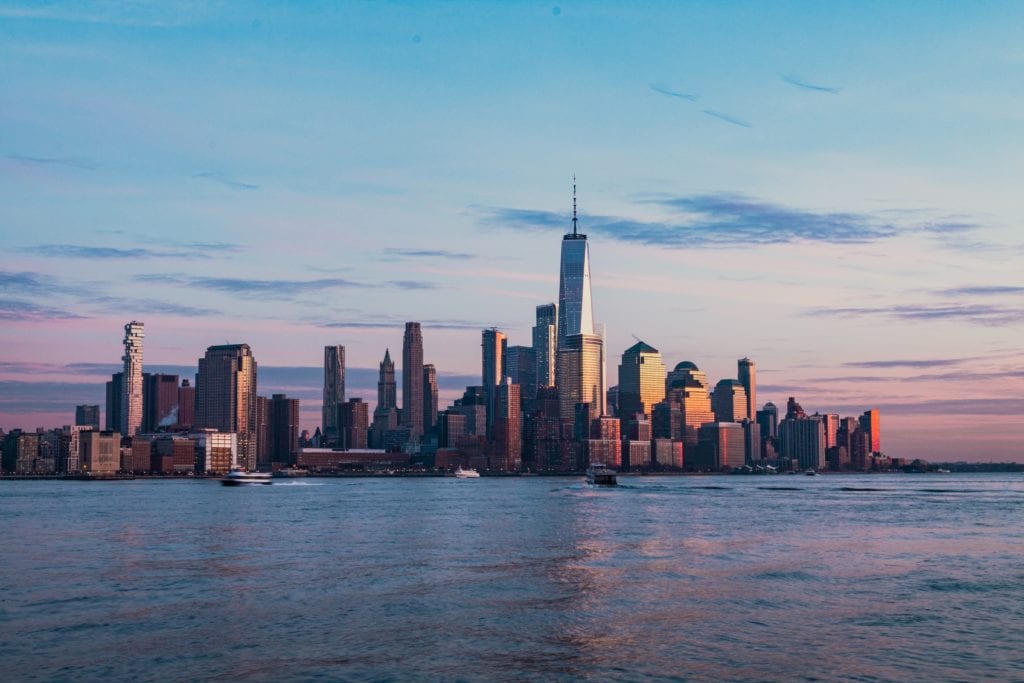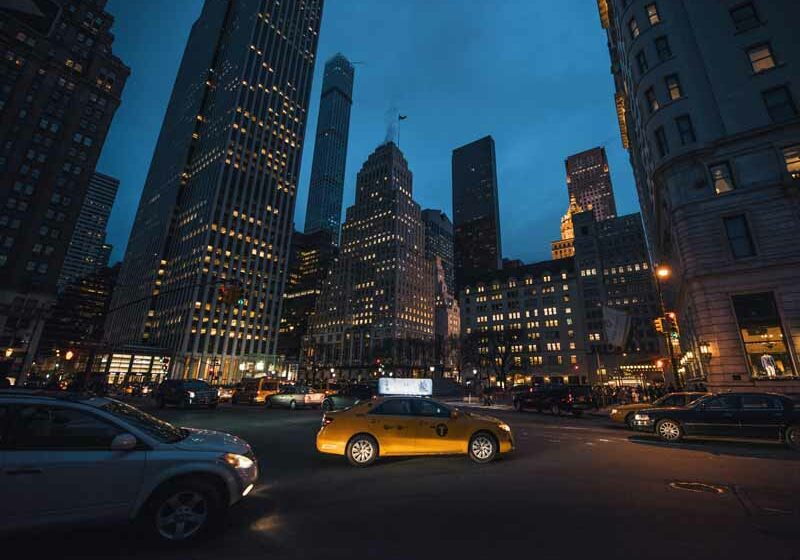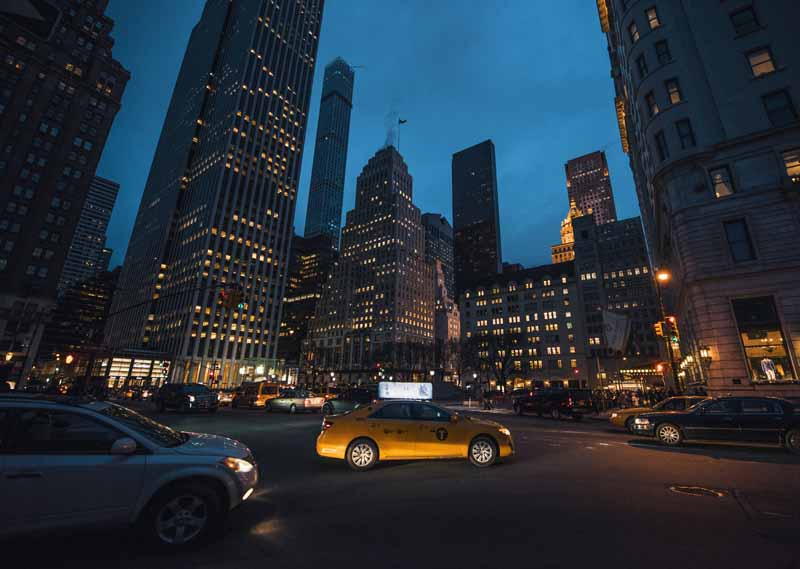A coalition of 31 U.S. states and territories has penned a letter the U.S. Food and Drug Administration (FDA) to asking the agency to ban all flavors other than tobacco, limit nicotine levels and restrict the marketing of all electronic nicotine delivery system (ENDS) products. The group wants the regulations to also apply to oral nicotine products such as pouches, gum and lozenges.
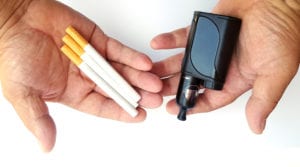
Led by New York Attorney General Letitia James, the group’s letter to the FDA argues that the FDA must address the epidemic of youth use of ENDS products by imposing restrictions and age verifications on traditional and digital marketing tactics aimed towards youth, according to a press release. The group claims that e-cigarettes and oral nicotine products have not received marketing authorization from the FDA, as required by federal law.
“Flavored nicotine products attract kids to dangerous, habit-forming products that only jeopardize their health,” said James. “New York has taken important steps to protect our kids by banning non-tobacco flavored vapor products and limiting the sale of e-cigarettes, but the FDA must also do its part to curb the youth nicotine epidemic. The health and wellbeing of our kids is our top priority and the federal government must act now.”
The FDA must make a decision by Sept. 9 on whether to allow nicotine products to stay on the market through its premarket tobacco product application (PMTA) pathway for any ENDS product that submitted the application by Sept. 9, 2020. The group’s proposed restrictions would require the FDA to deny approval for most products.
The coalition argues that banning candy, mint, fruit, and menthol flavors, is essential to eliminating the appeal of the products to youth consumers. Other signatories to the letter are the attorneys general of Idaho, Illinois, Nebraska, North Carolina, and Tennessee. Additional states joining the letter include Alaska, Arkansas, California, Colorado, Connecticut, Delaware, the District of Columbia, Guam, Maine, Maryland, Massachusetts, Michigan, Minnesota, Nevada, New Hampshire, New Jersey, New Mexico, Oregon, Pennsylvania, Puerto Rico, Rhode Island, Utah, Vermont, Washington, and Wisconsin.
James has a long history of challenging the ENDS industry. In April 2019, she led a coalition of seven states in urging the FDA to take stronger action in addressing “the scourge of e-cigarette use among youths” by taking proposed measures such as strengthening guidance, beginning enforcement earlier and banning online sales of e-cigarettes.
Later that year, James filed a lawsuit against the electronic cigarette company JUUL Labs for deceptive and misleading marketing of its e-cigarettes, which “contributed to the ongoing youth vaping epidemic in New York state.” In December 2020, James ordered dozens of retailers across New York state to immediately stop selling e-cigarette products to underage customers and to stop selling flavored vaping products in violation of New York state law.
Several recent studies have found that banning flavored vaping products boosts sales of combustible cigarettes and youth use. If vapor product sales were restricted to tobacco flavors, one-third of U.S. vapers between the ages of 18 and 34 would switch to smoking combustible cigarettes, according to at least three known studies.

